The Supreme Court has officially ruled that former President Donald Trump has some immunity from prosecution, though not total immunity.
This decision could make it very difficult for prosecutors to successfully charge the former president in his ongoing election interference case.
Immunity for Official Acts
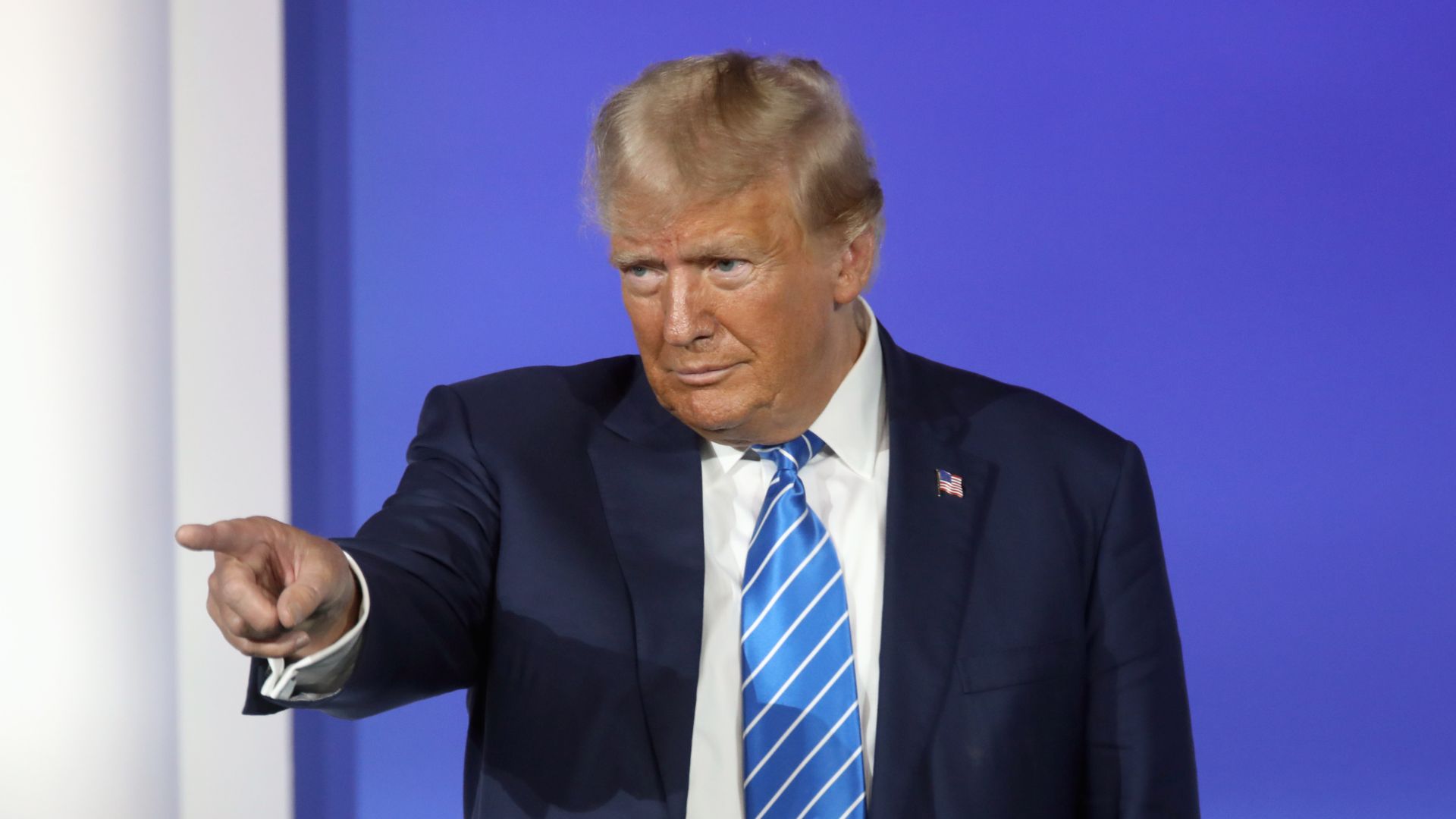
According to this new Supreme Court ruling, Trump is completely immune from potential prosecution for any official act he took while he was president.
However, the court also ruled that he is not immune for actions taken that were not official, or actions that were considered private.
A Difficult Distinction
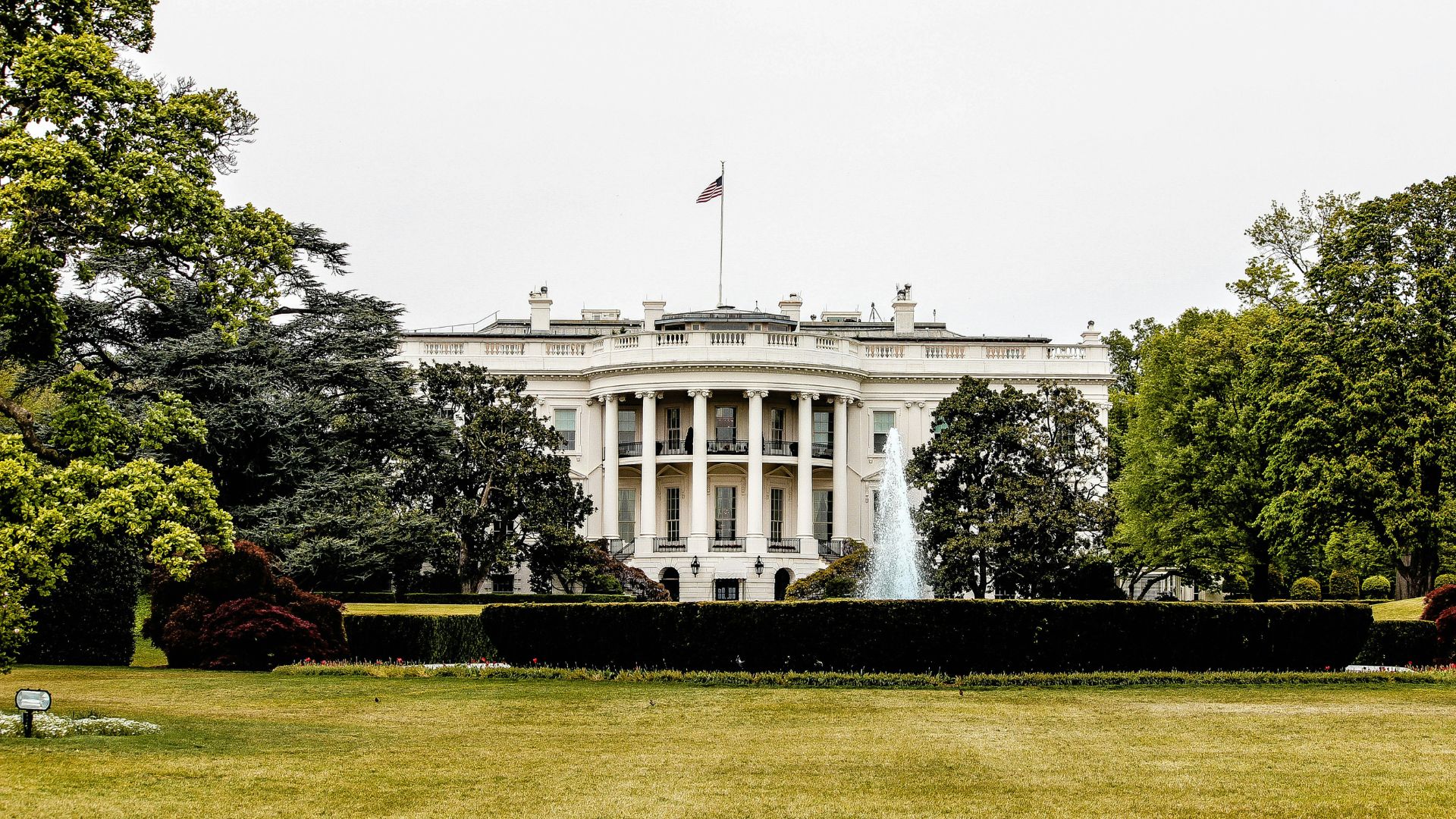
Of course, this quickly can become difficult when analyzing the distinction between official and nonofficial actions that a president takes while he is in the White House.
Critics of this ruling have already come out to point out this lack of clarity, especially in regard to Trump’s election interference case. Could these actions taken in the case be deemed official presidential actions, or not? Legal analysts state that it’s now hard to tell.
Trump’s Charges
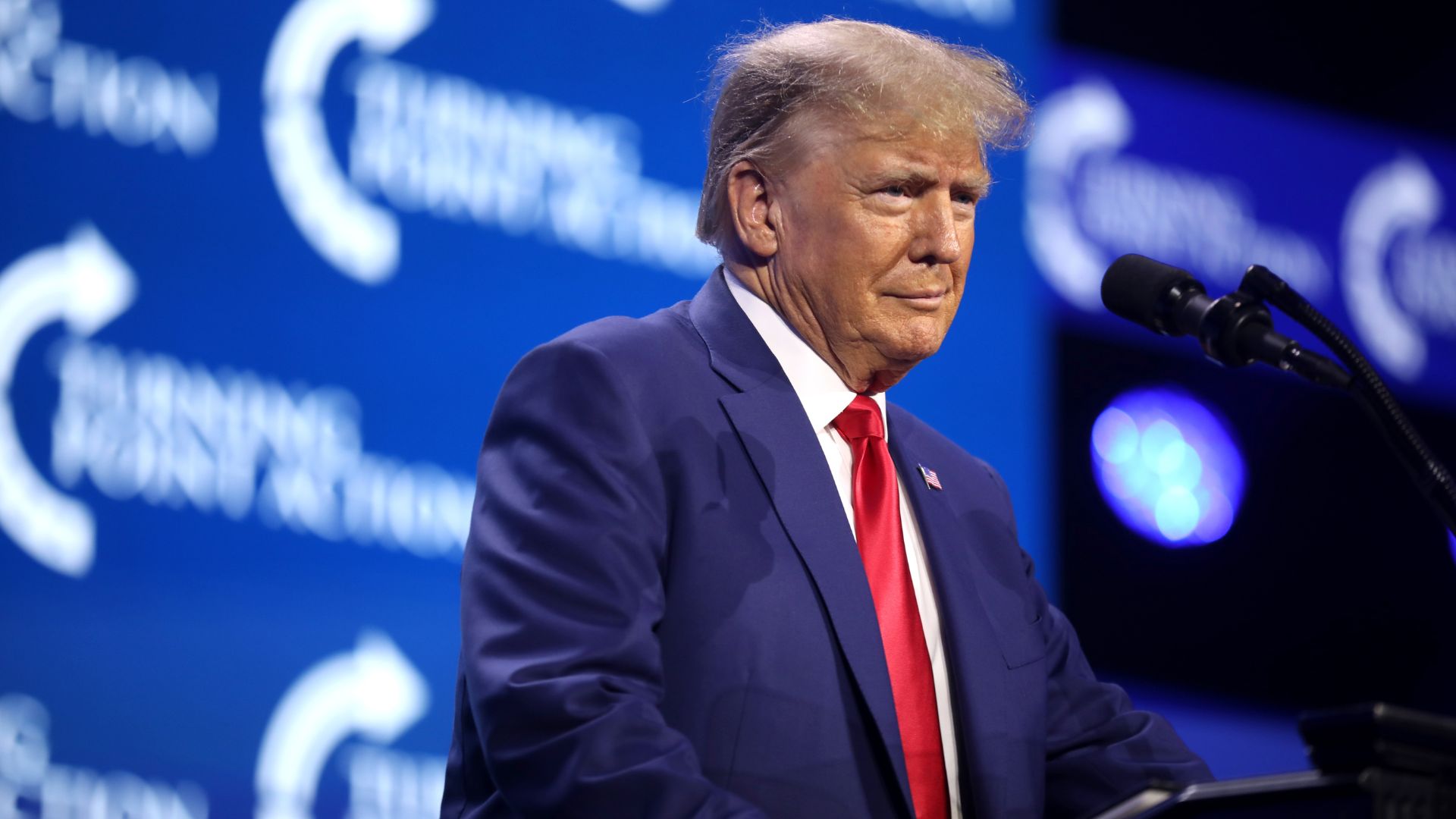
Trump’s election interference case deals with three charges of conspiracy, as well as one count of obstructing an official proceeding. All of these charges revolve around his attempts to allegedly overturn the 2020 presidential election, which he lost to current President Joe Biden.
Trump was indicted by special counsel Jack Smith in August. After this Supreme Court ruling, the case will now return to the lower court.
The Lower Court’s Next Moves
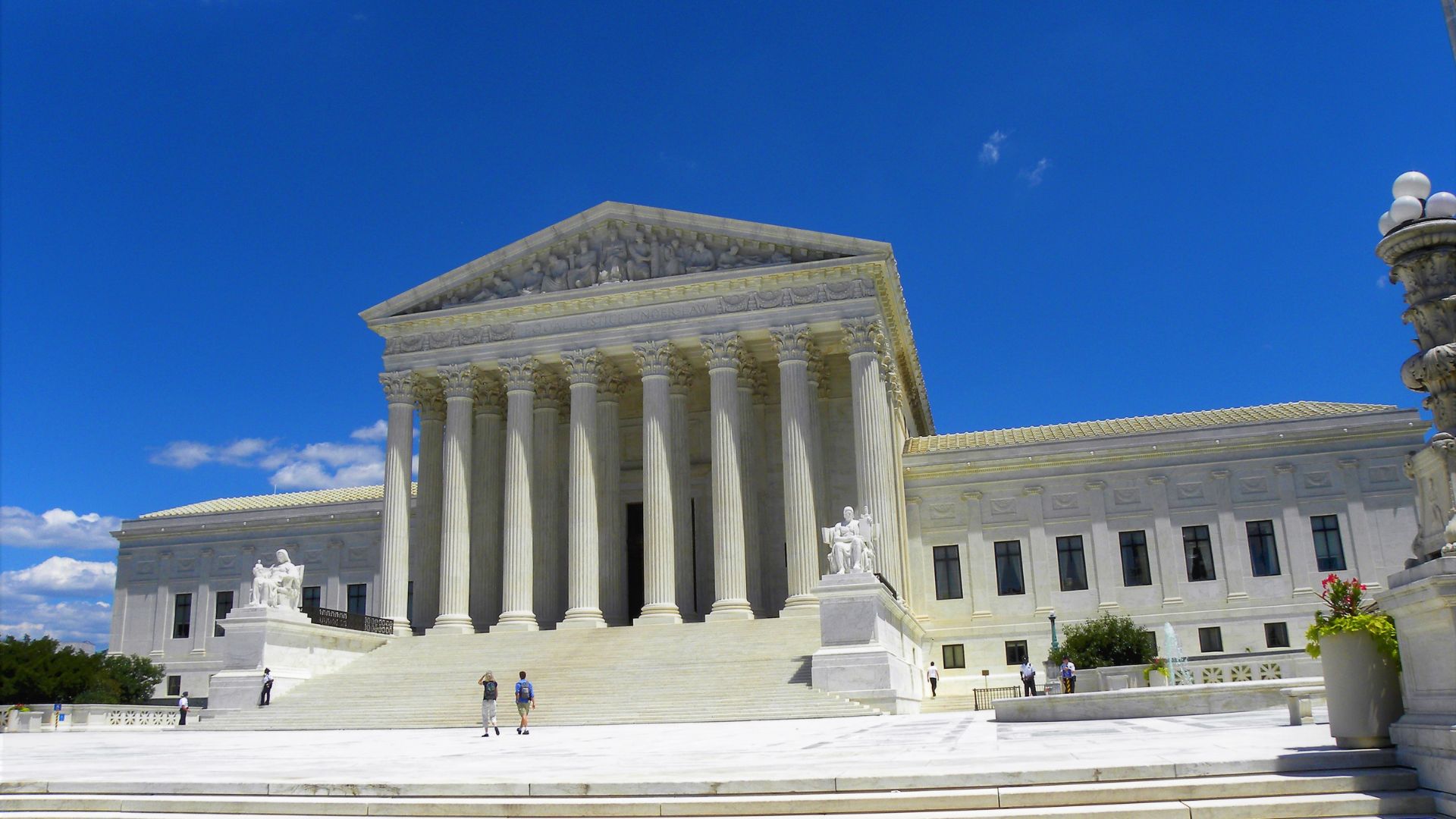
Now, the lower court must decide whether Trump acted in an official or an unofficial way. This process will likely take a long time, especially as the court works out what is considered an official versus a private action taken by a president.
As a result of this Supreme Court ruling, it seems highly unlikely that there will be a trial for this election interference case before the upcoming November election.
Trump’s Other Case
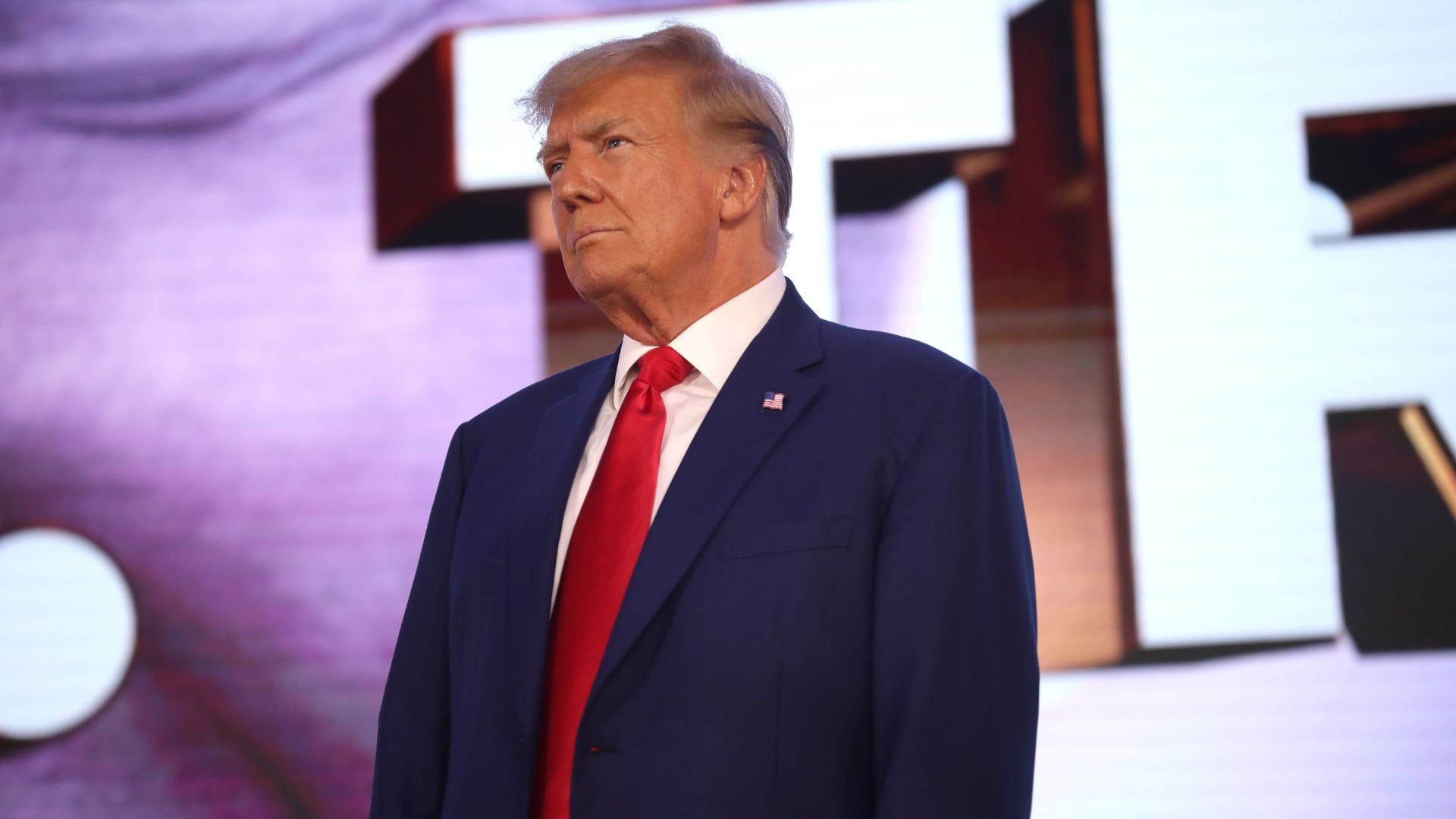
This ruling will also impact this other federal criminal case that revolves around the FBI raiding his Mar-a-Lago home in August of 2022 to recover missing government documents that the former president took with him after he left office.
According to Trump, he is immune to prosecution for this deed, as he was acting in an official capacity. This latest ruling may help him win this case.
A Decision Among Party Lines
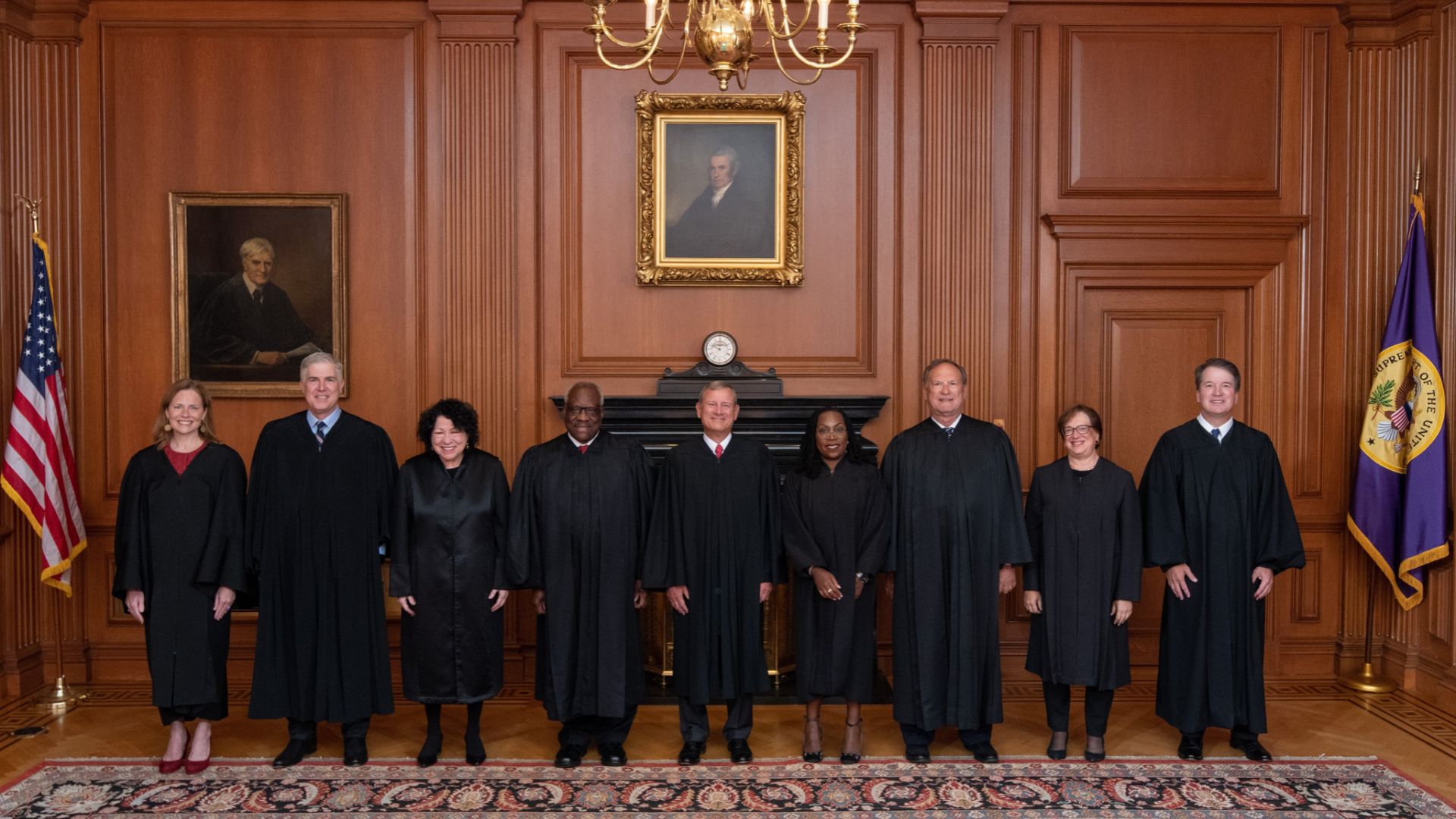
This recent Supreme Court ruling was 6-3 among party lines. The only three justices who dissented were those appointed by Democrat presidents.
These three justices — Justices Sonia Sotomayor, Elena Kagan, and Ketanji Brown Jackson — have blasted this ruling in an opinion that claimed the majority was “deeply wrong” in their decision.
Going Against the Status Quo
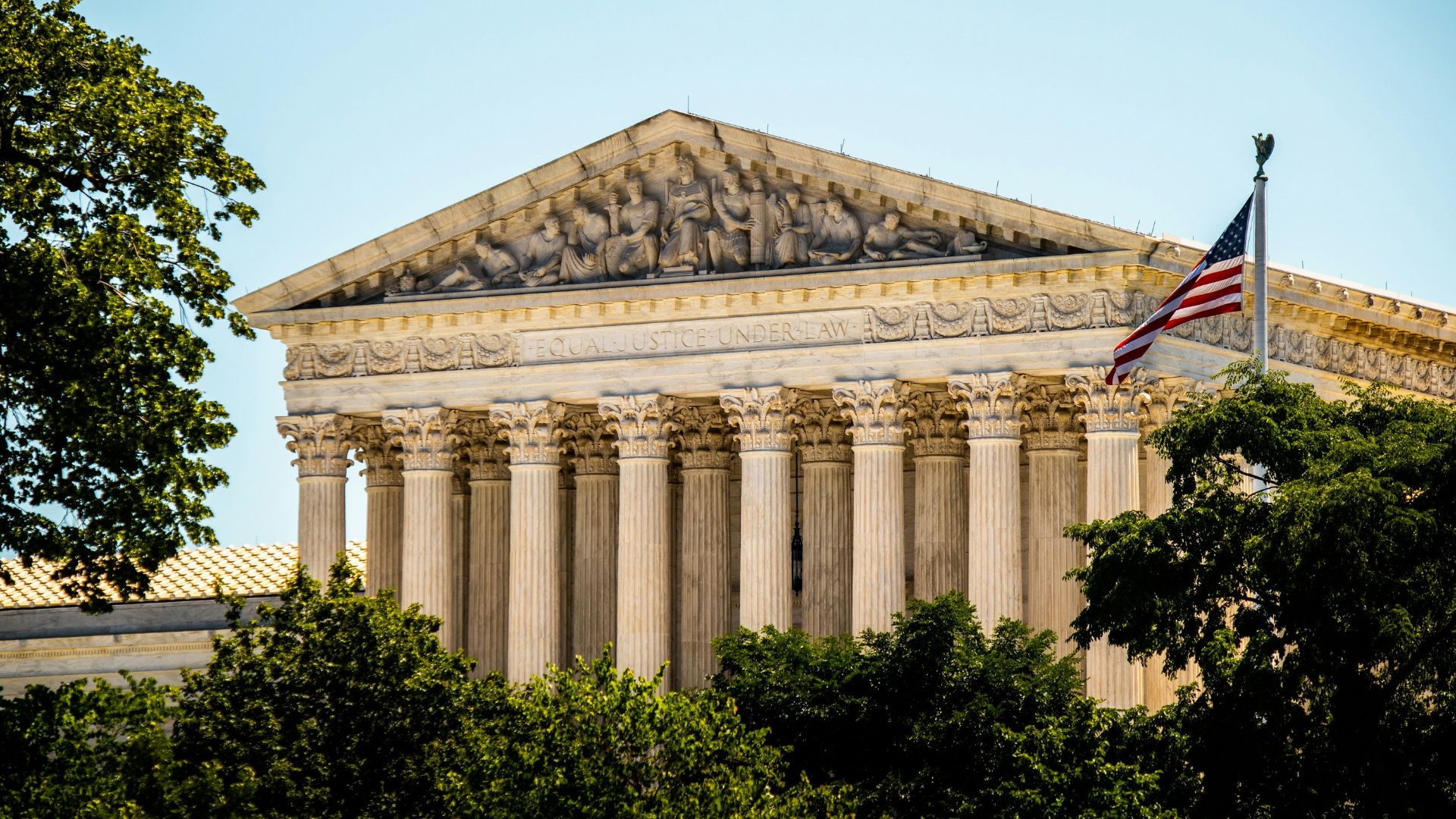
These liberal justices pointed out that this ruling goes against what has been normal since the founding of the United States.
Sotomayor wrote, “The court effectively creates a law-free zone around the president, upsetting the status quo that has existed since the founding.”
Presidential Immunity Could Allow “Evil” Deeds
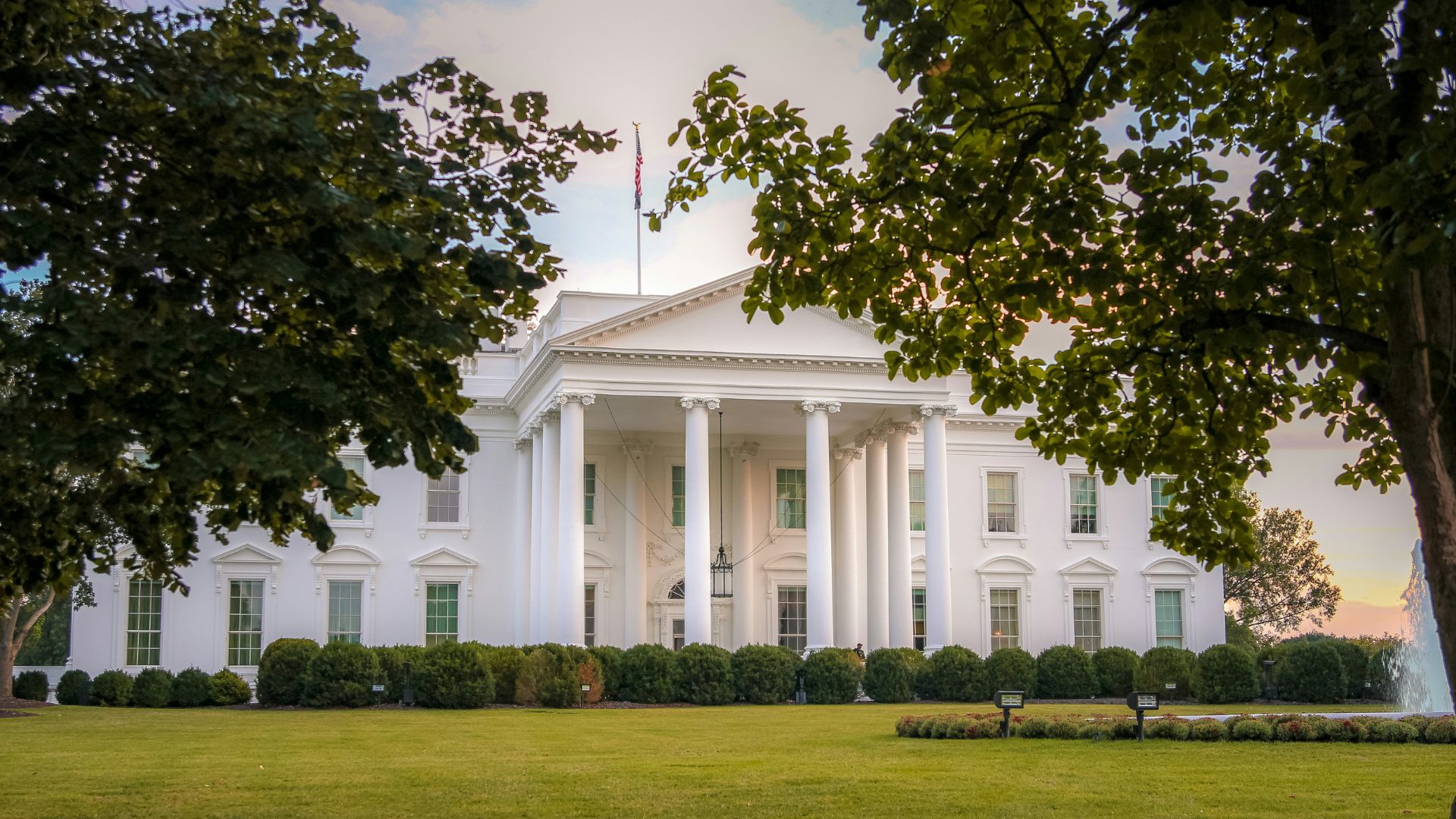
Sotomayor also wrote that allowing the president to be immune from all official acts could allow the president to get away with “evil” deeds.
“Orders the Navy’s Seal Team 6 to assassinate a political rival? Immune. Organizes a military exchange for a pardon? Immune. Immune, immune, immune,” Sotomayor wrote, adding, “Even if these nightmare scenarios never play out, and I pray they never do, the damage has been done. The relationship between the president and the people he serves has shifted irrevocably.”
Amy Coney Barrett’s Concurring Dissent

While Justice Amy Coney Barrett did side with the majority in this case to favor presidential immunity for official acts, she also wrote her own concurring opinion that dissented slightly.
Barrett wrote that she disagreed with how the majority held that the Constitution doesn’t permit prosecutors to tell a jury about an ex-president’s official actions if they could be deemed relevant to a private action that is in the process of being charged.
Hamstringing the Prosecution
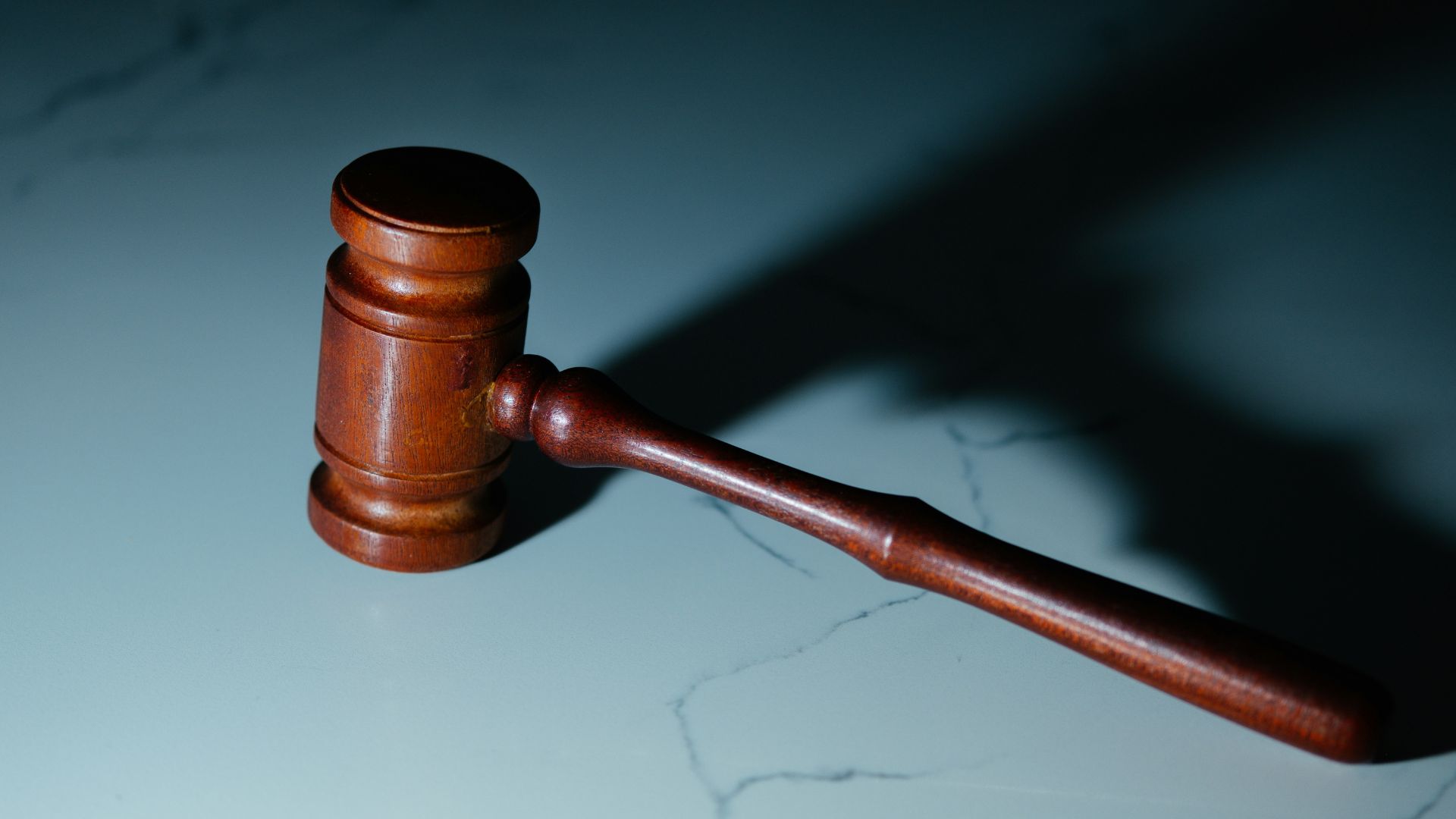
According to Barrett, this would “hamstring the prosecution” in many ways. As an example, she used a bribery case.
Barrett claims that a prosecution should be able to tell the jury what official act a president did if they, for example, were given a bribe to perform this official act.
Fearful for American Democracy
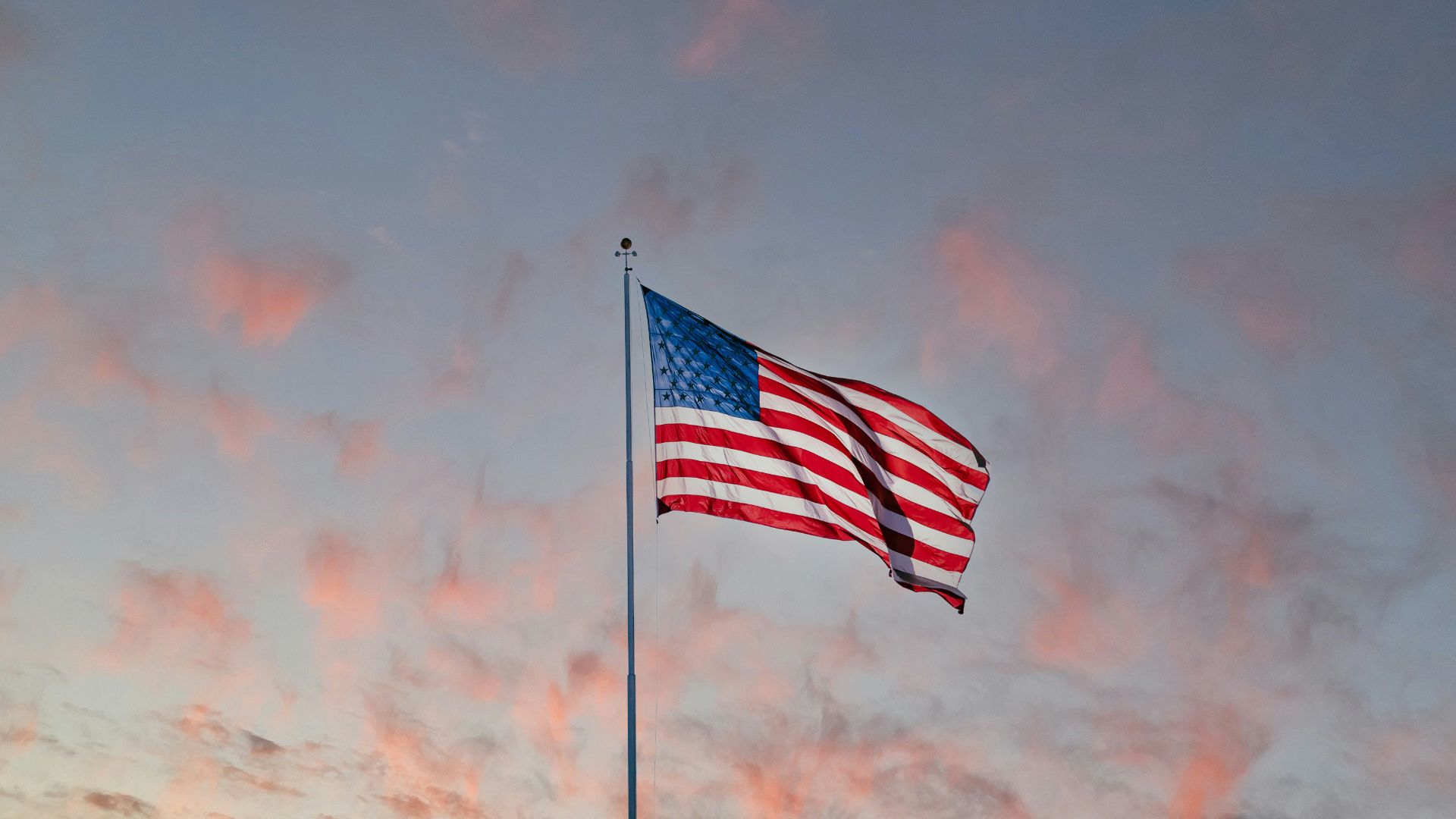
Sotomayor and the other liberal justices ended their own dissents strongly, rather than writing their much used — and polite — “Respectfully, I dissent.”
Instead, Sotomayor ended her dissent with, “With fear for our democracy, I dissent.”

